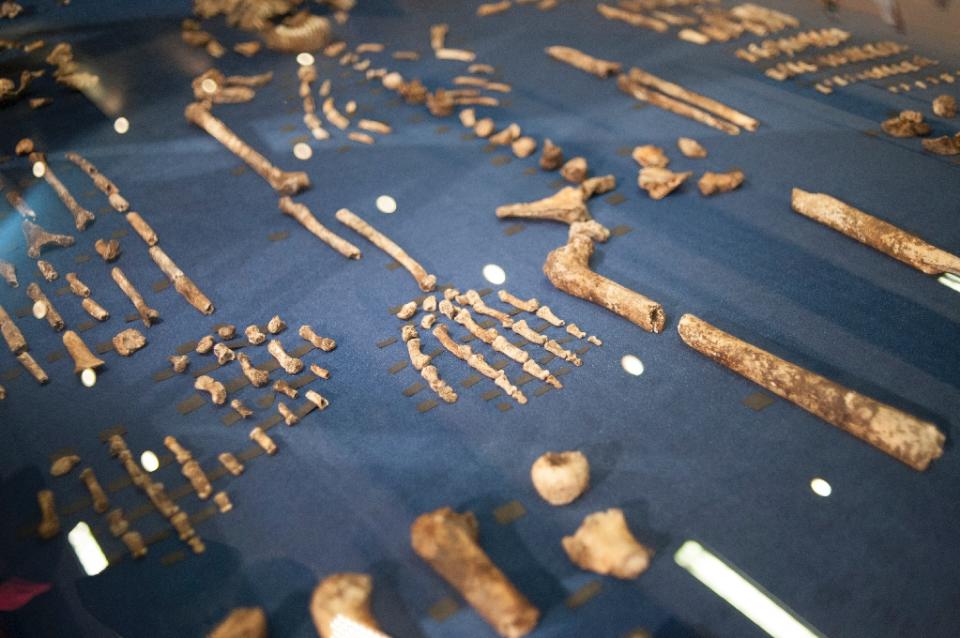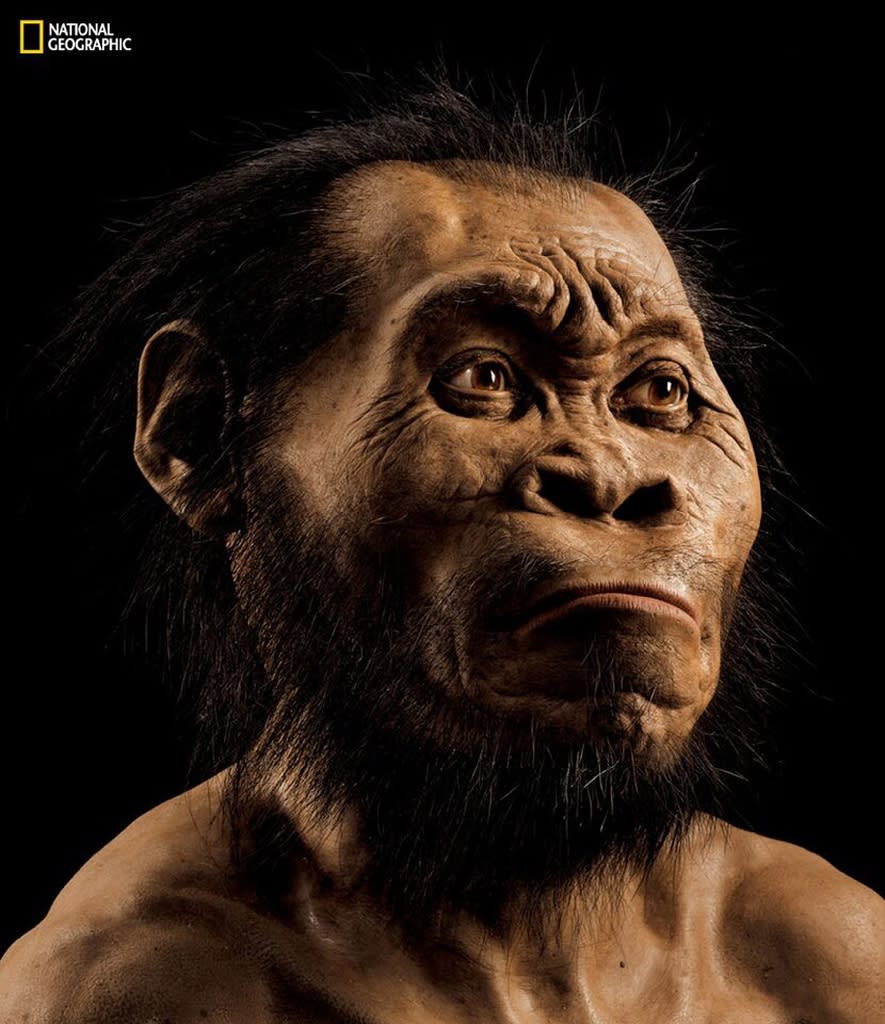- Aug 10, 2009
- 168,037
- 16,519
- 2,165
- Banned
- #1
15 ancient human-like skeletons have been discovered in a cave in Africa. The age has not yet been determined [not completed yet: but there are strong indications], but could be up to 3 million years old. This discovery is a *big* deal.
"Homo naledi is unlike any primitive human found in Africa. It has a tiny brain - about the size of a gorilla's and a primitive pelvis and shoulders. But it is put into the same genus as humans because of the more progressive shape of its skull, relatively small teeth, characteristic long legs and modern-looking feet."

New human-like species discovered in S Africa - BBC News
BBC.COM
"Homo naledi is unlike any primitive human found in Africa. It has a tiny brain - about the size of a gorilla's and a primitive pelvis and shoulders. But it is put into the same genus as humans because of the more progressive shape of its skull, relatively small teeth, characteristic long legs and modern-looking feet."

New human-like species discovered in S Africa - BBC News
BBC.COM





